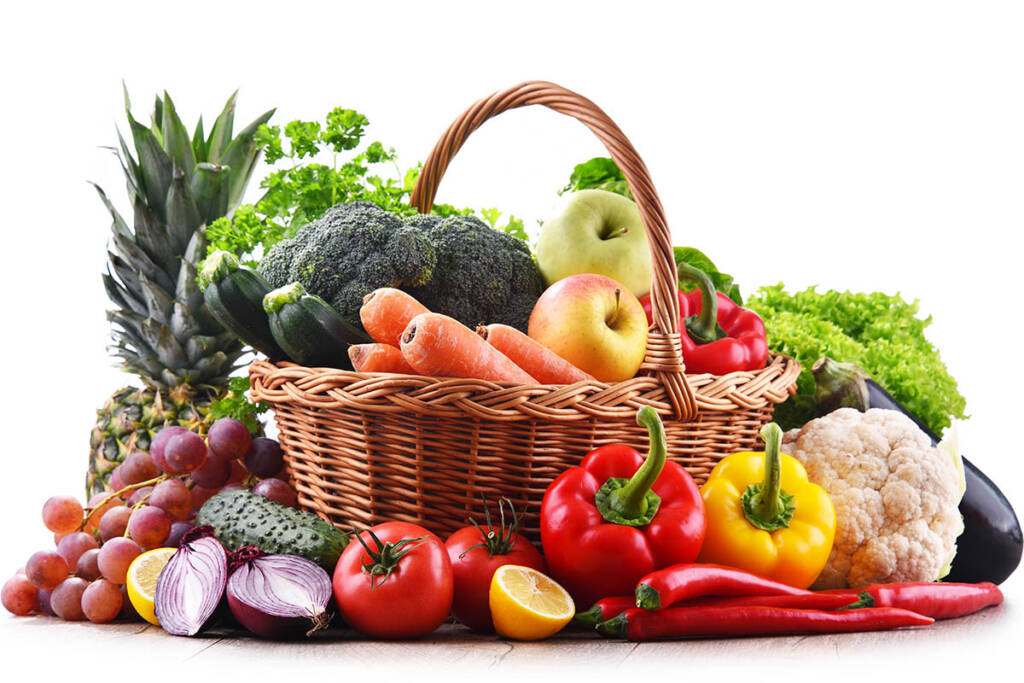Food
What is a protein-free diet and who is it recommended for?

Protein-free diet: what it is, how it works and to whom a protein-free diet is recommended.
The protein-free diet is a diet that almost completely excludes animal proteins from one's diet. This type of diet is often used by people with kidney or liver disease as proteins are metabolized in an excessively stressful way for the kidneys and liver. Furthermore, the protein-free diet is also used as an adjuvant therapy in some types of cancer, autoimmune diseases and food allergies.
A protein-free diet involves the intake of plant foods with a high content of carbohydrates, fibres, vitamins and mineral salts, but also of fats and lipids. In this article, we will explain it in more detail, highlighting its benefits , the permitted and prohibited foods, and providing some useful tips for following this diet correctly and safely.
What is a protein-free diet?
A protein-free diet is a specialized type of diet that contains almost no animal-based protein. In some cases, even plant proteins are removed from the meal plan to produce a "no protein" diet.

It is not a real diet but a diet that must be prescribed by a doctor only in the presence of certain pathologies. In practice, this type of diet reduces the daily percentage of protein that can be taken, with the aim of resting the kidneys.
Under normal conditions, our body requires a daily intake of approximately 0.8 grams of protein for each kilogram of the body. A high protein diet reduces this limit to 0.5 . When the limit of proteins needed by our body is exceeded, especially for a long period of time, serious problems can arise, since the liver and kidneys are engaged in excessive and constant work which leads to stress and the possible onset of diseases. For this reason, in certain circumstances, your doctor may suggest that you vary your diet until protein-rich foods almost disappear.
Who is a protein-free diet recommended for?
Protein-free diets may be recommended for people with certain medical conditions such as kidney or liver disease, individuals whose bodies cannot process protein properly. People with metabolic disorders or allergies to certain types of proteins can also benefit from a protein-free diet.
By ingesting little protein, people with these types of problems reduce the work done on their liver and kidneys and thus avoid the aggravation of chronic pathologies such as, for example, renal insufficiency or hepatitis. However, it remains necessary for the doctor to suggest the transition to this type of diet.
What to eat if you follow this diet?
Among the foods that can be included in a low protein diet are fruits and vegetables , such as oranges, strawberries, peaches, carrots, tomatoes, cucumbers, potatoes and green beans, and so on. Cereals are also allowed (bread, pasta and rice, especially in the wholemeal version), condiments such as oil, butter and margarine, flavorings such as garlic, vinegar and onions, but also drinks such as tea and coffee.
On the other hand, excess salt and foods such as cured meats and sausages, aged cheeses, tartar sauce, ketchup, soy sauce, stock cubes, canned products and other products that may contain large quantities of salt should be absolutely avoided.
Riproduzione riservata © - WT











